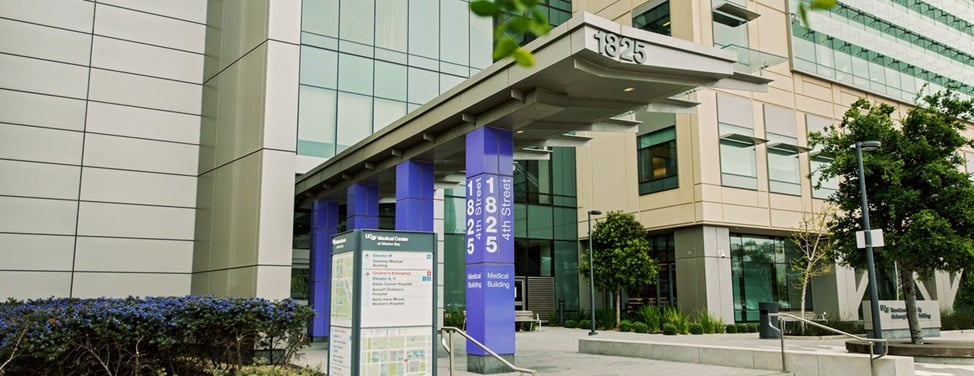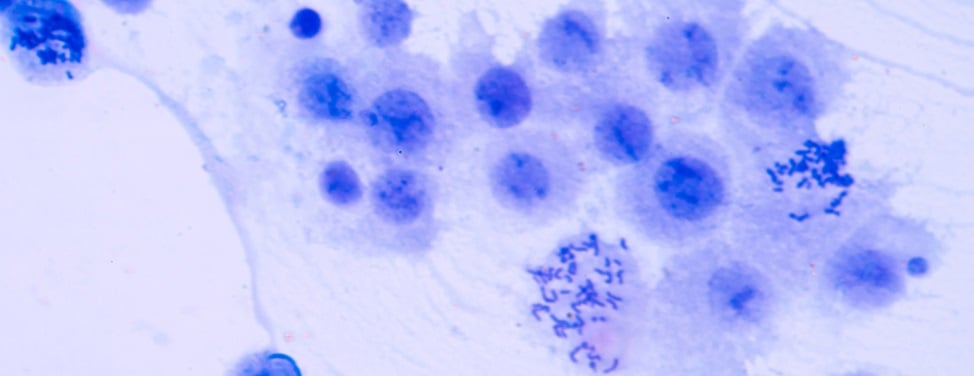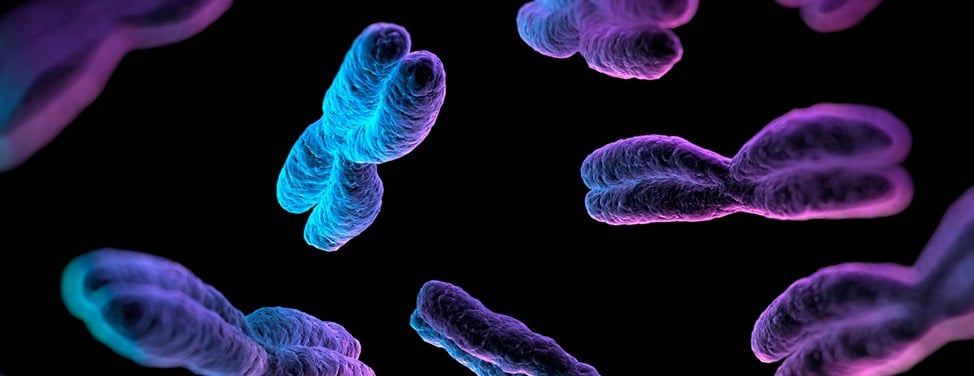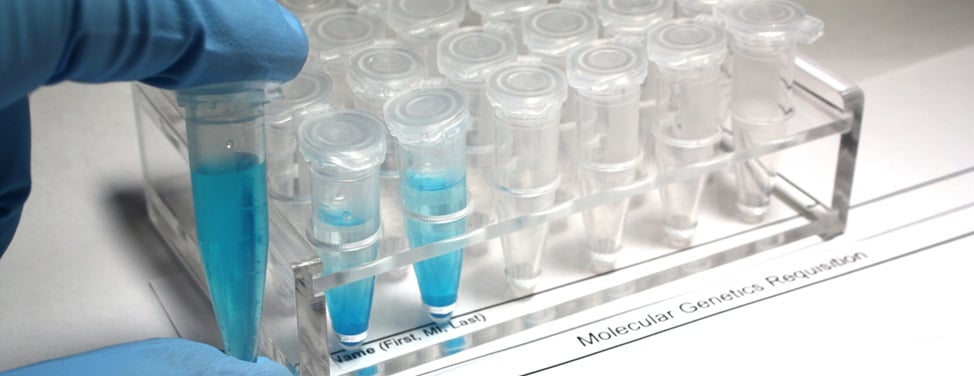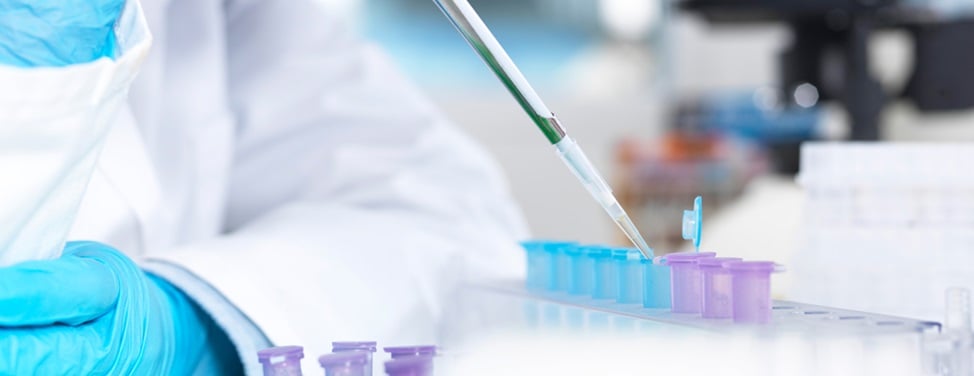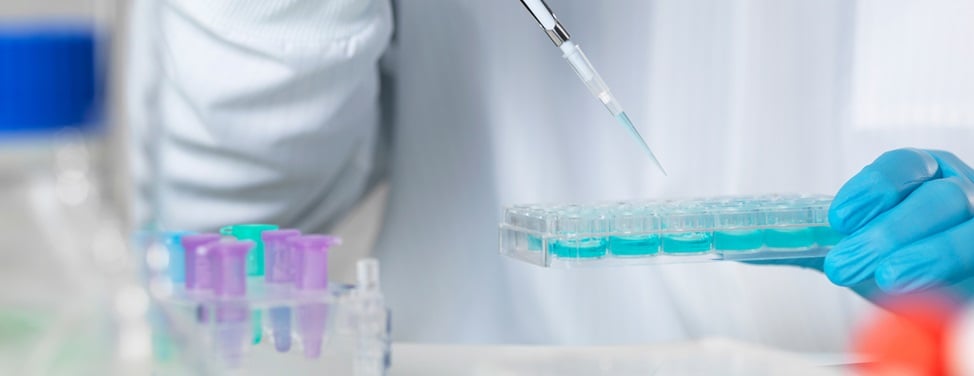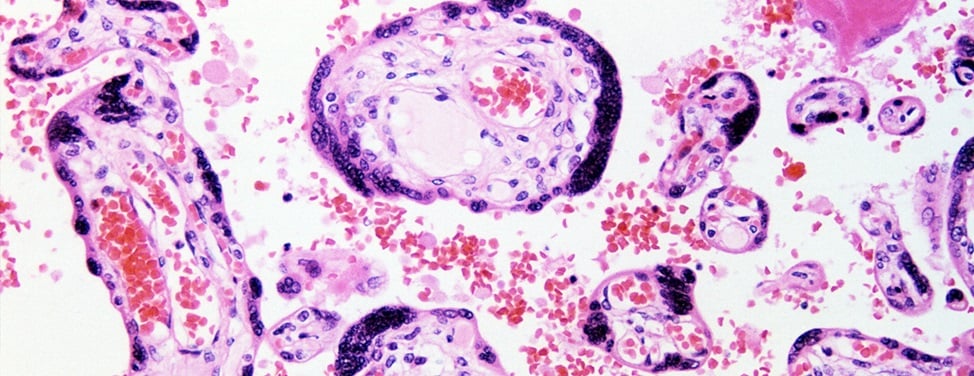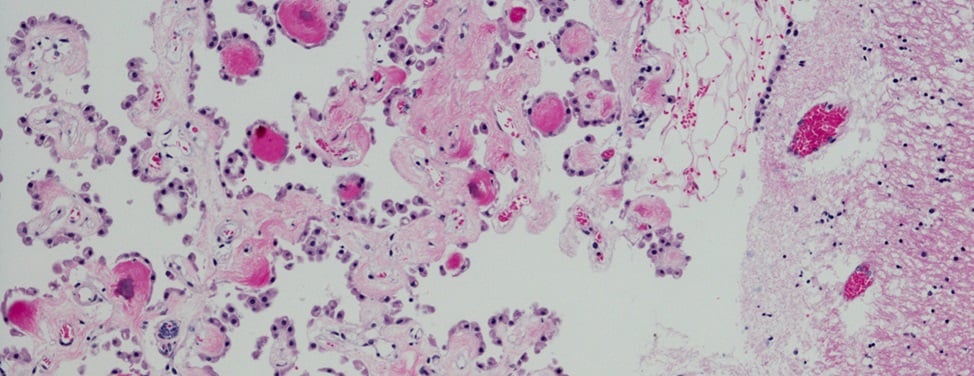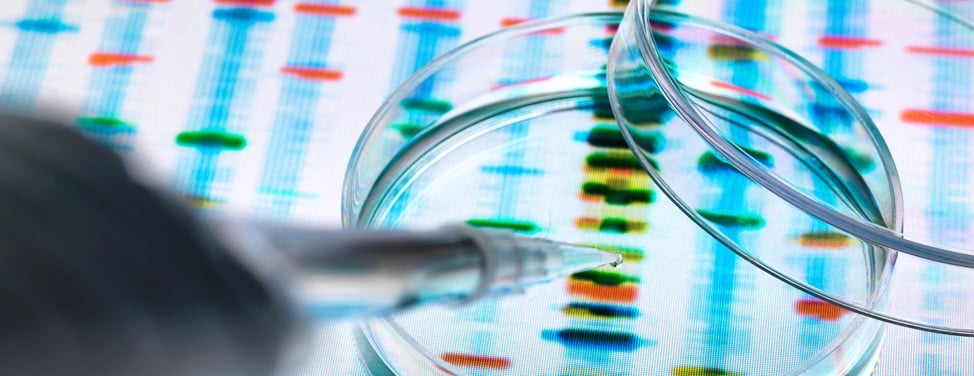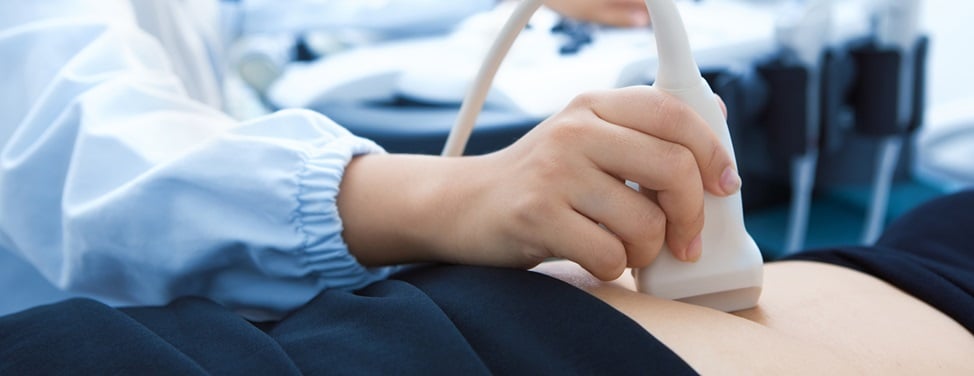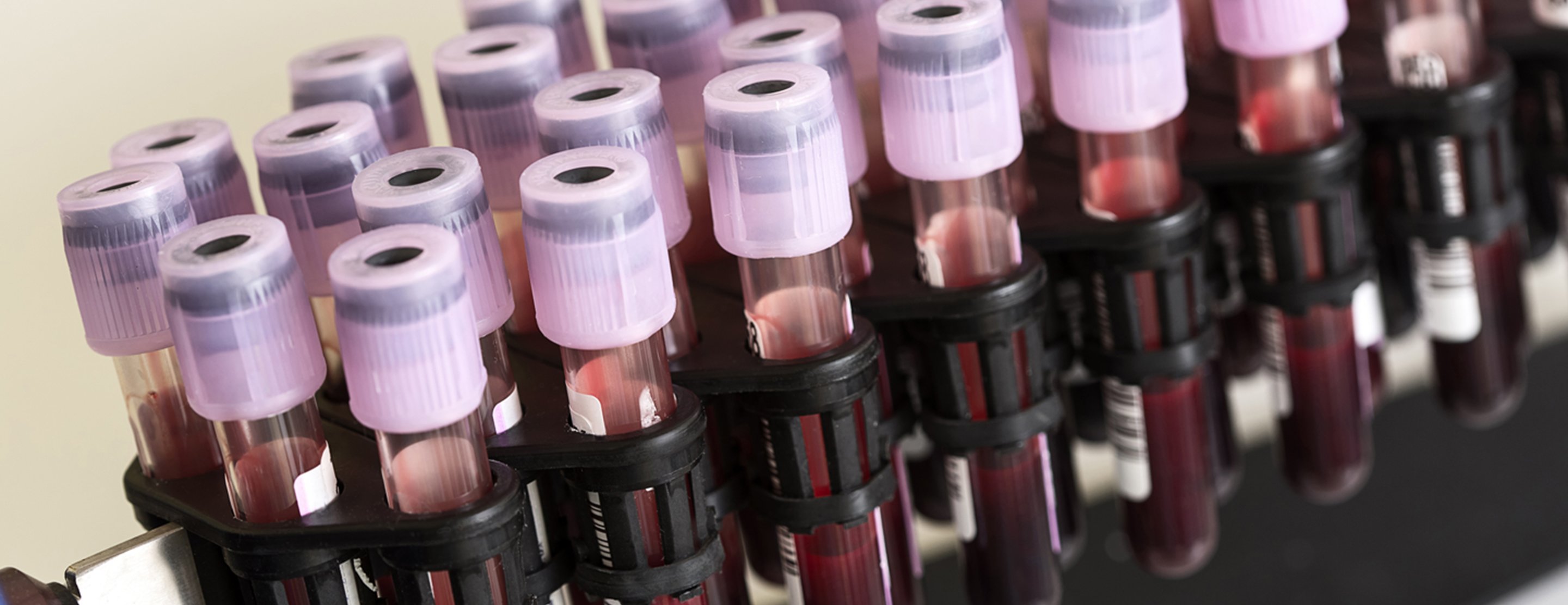
FAQ: Cell-Free DNA Screening
What is cell-free DNA screening?
Cell-free DNA screening is a test that can determine if a woman has a higher chance of having a fetus with Down syndrome (trisomy 21), trisomy 18, trisomy 13 or an abnormality in the sex chromosomes (X and Y chromosomes).
With this test, a sample of the woman's blood is taken after 10 weeks of pregnancy. The test measures the small fragments of fetal DNA in the mother's blood, and can determine the chance of a chromosome problem based on the relative amount of DNA from chromosomes 21, 18, 13 and the sex chromosomes. The results are usually available within two weeks of the blood draw.
Does the test detect all pregnancies with Down syndrome and trisomies 18 and 13?
No. Cell-free DNA screening can detect more than 99 percent of Down syndrome pregnancies and 97 percent of trisomy 18 pregnancies. It detects about 87 percent of trisomy 13 pregnancies.
What if cell-free DNA screening indicates a high risk?
Women who are found to be at increased risk can have definitive testing with chorionic villus sampling (CVS) or amniocentesis to find out for sure. Whether or not to have diagnostic testing is a personal choice for each woman.
Who should consider cell-free DNA screening?
At the UCSF Prenatal Diagnostic Center, we offer cell-free DNA screening to women who have a higher than average chance of having a fetus with Down syndrome. This includes women who will be at least 35 years old at the time of their due date, those who are found to be at increased risk for Down syndrome or trisomy 18 with standard screening tests, and those who have had a previous pregnancy or baby with Down syndrome or trisomy 13 or 18.
Women with a lower probability of Down syndrome can also have cell-free DNA screening, but we ask that they meet with a genetic counselor or other provider to discuss all of their testing options. The American College of Obstetricians and Gynecologists has suggested that traditional screening tests, which test for more disorders, remain the most appropriate choice for first-line screening for most women in the general population.
Cell-free DNA screening is not as accurate in women with twins, and cannot be used in women with triplets.
Is cell-free DNA screening covered by insurance?
Insurance coverage for this test varies based on individual plans, and not all insurance companies cover the testing for all patients. You should check with your insurer if you are interested in having this test.
Where can I find more information?
If you have additional questions about cell-free fetal DNA testing, please contact one of our genetic counselors at the UCSF Prenatal Diagnostic Center. To talk with a genetic counselor or to schedule an appointment, call (415) 476-4080.
UCSF Health medical specialists have reviewed this information. It is for educational purposes only and is not intended to replace the advice of your doctor or other health care provider. We encourage you to discuss any questions or concerns you may have with your provider.






